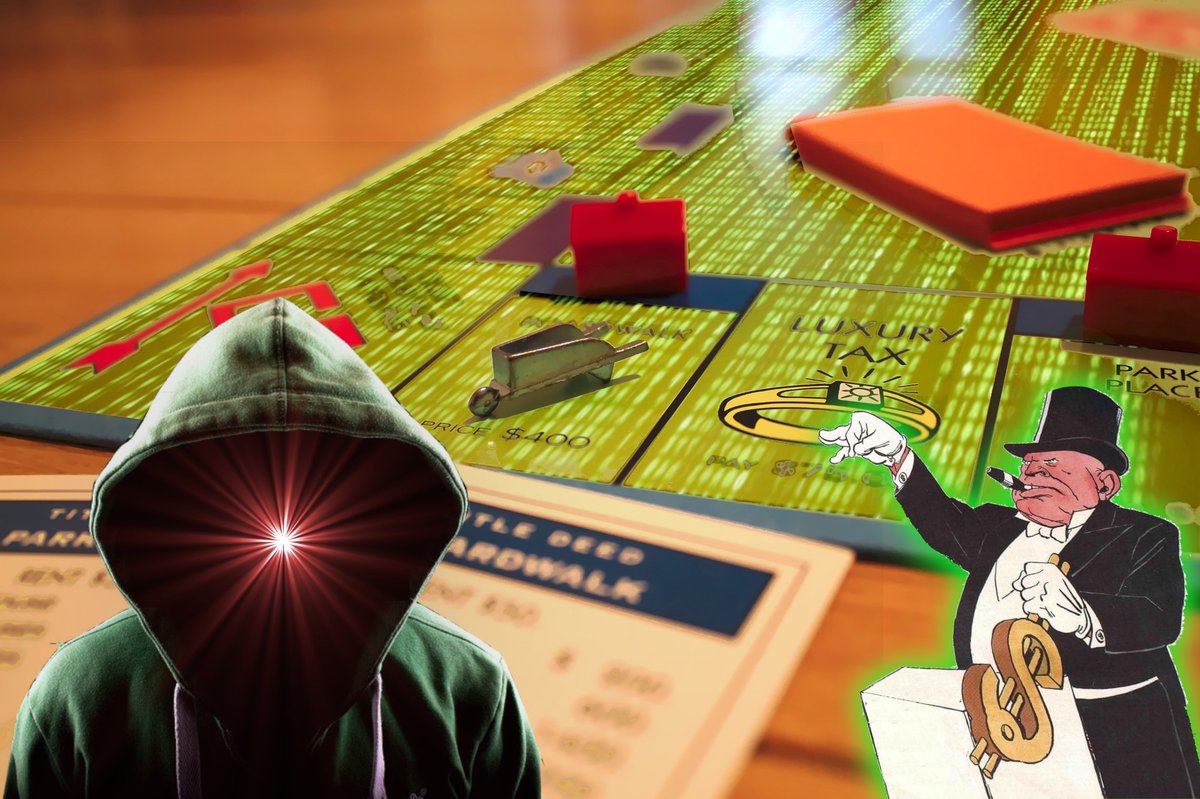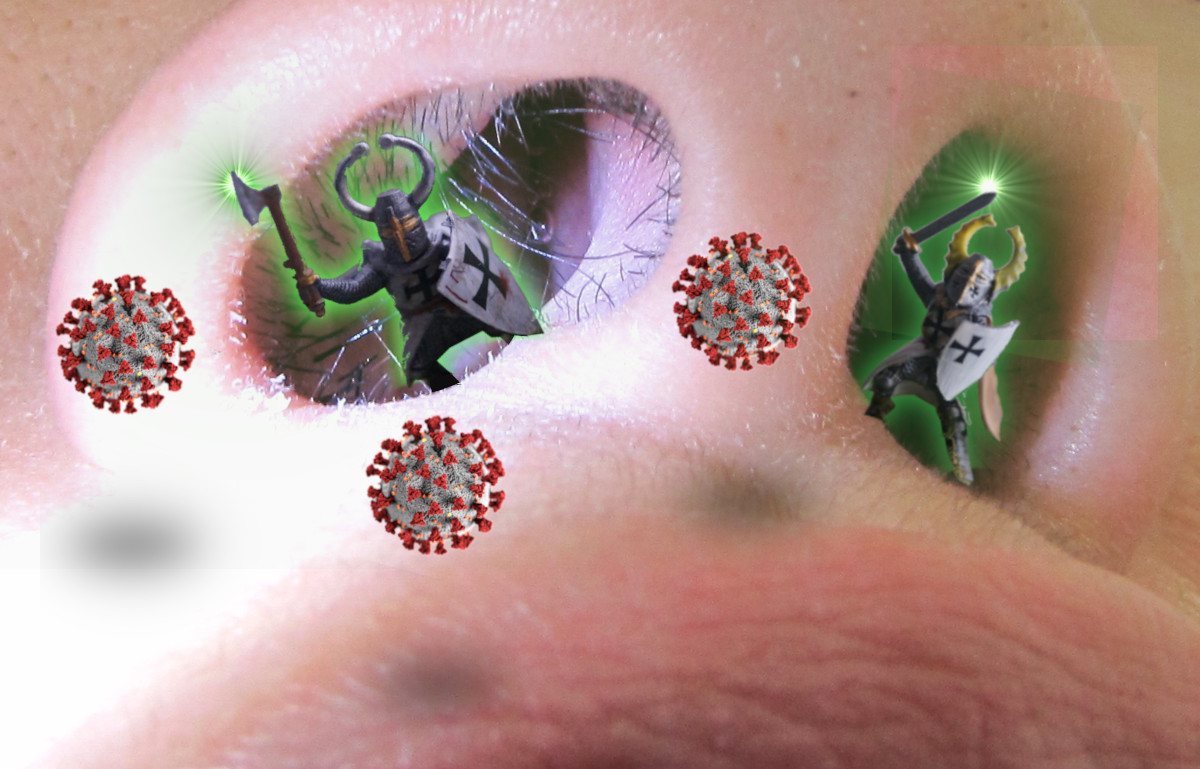
The rail barons were the original monopolists, whose ability to make or break whole industries based on their parochial needs spurred the first American antitrust laws. For generations, railroads were tightly regulated to ensure resiliency, competition and fairness. 1/ 

If you'd like an unrolled version of this thread to read or share, here's a link to it on pluralistic.net, my surveillance-free, ad-free, tracker-free blog:
pluralistic.net/2022/02/04/up-… 2/
pluralistic.net/2022/02/04/up-… 2/
Today, the monopolists are back, and their greed has shattered American supply-chains. The pandemic has seen massive failures in rail service - late deliveries, waves of derailments, huge backlogs. But rail *profits* have soared, as have the prices of carrying freight. 3/
No wonder: in 1980, there were 40 US "Class I" railroads. Today, there are *seven*.
How did this happen? Blame Carter. And Reagan. And every president since. The Carter administration lit the kindling for the bonfire of regulations and Reagan poured gas on it. 4/
How did this happen? Blame Carter. And Reagan. And every president since. The Carter administration lit the kindling for the bonfire of regulations and Reagan poured gas on it. 4/
In 1980, the dismantling of rail regulation picked up a good head of steam and it hasn't slowed since. 5/
Writing in @TheProspect, @MatthewJSBuck gives an excellent account of railroad deregulation's benefits (for the likes of hedge-fund looter Bill Ackman), and how their riches were turned into political power that dismantled the industry's brakes.
prospect.org/economy/how-am… 6/
prospect.org/economy/how-am… 6/
The rail industry wasn't just a pioneer in 19th century corrupt monopoly, it was also the trailblazer for late 20th century tolerance for monopolies. 7/
In the 1980s and 1990s, the DoJ and FTC were still occasionally willing to get out of bed and block a merger or two, but rail was governed by the Surface Transportation Board (STB), which basically slept through both decades. 8/
"By the 1990s, STB policy blessed nearly all mergers except those that left only one railroad in a market." You will not be amazed to learn that "a 2018 study of railroad mergers from 1983 to 2008 was unable to find that mergers improved efficiency." 9/
All this started under Carter (never forget that Carter was a milder version of Reagan, the way GW Bush was a junior-league Trump). In 1980, Carter signed the Staggers Rail Act, which ended the regulation of railroad freight prices by the Interstate Commerce Commission. 10/
This allowed the railroads to again pick winners, offering preferential shipping to the biggest companies, pricing the smaller competitors out of the market (no coincidence that this period saw the rise of big-box stores like Walmart).
researchgate.net/publication/24… 11/
researchgate.net/publication/24… 11/
The law also ended the railroads' duty to provide service on "unprofitable" routes, effectively choking off whole regions and leaving them to wither and die. By 2008, the railroads had abandoned more than 40% of their routes. 12/
Today, the remaining Big Railroad companies have divided up the country into noncompeting territories. Two companies - CSX and Norfolk Southern - dominate the east-of-Chicago trade. West of Chicago, there's another duopoly run by Union Pacific and BNSF. 13/
North-south rail is controlled by three companies. Most train stations have only one railroad servicing them. 14/
The railroads haven't just hiked their rate-cards, they've also hiked their hidden fees, doubling their revenues from "demurrage and accessorial" fees - these are the rail equivalent of airline baggage upcharges. 15/
But most of all, railroads have implemented "#PrecisionScheduledRailroading" (PSR), a just-in-time system that saw mass closures of freight facilities and huge staff reductions - since deregulation the rail industry went from 500,000 jobs to 130,000 jobs. 16/
Much of these staff reductions involved closing union shops and and replacing well-paid workers with low-paid workers who have fewer on-the-job rights. 17/
This was good business for the railroads, kicking off decades of big dividends and stock buybacks: $196b since 2010 - more than the companies have spent actually maintaining their infrastructure.
But this is bad business for the rest of us. 18/
But this is bad business for the rest of us. 18/
Right from the start, PSR created shipping delays and losses. Railyard accidents shot up, and with them, worker fatalities. Derailments soared. People died.
vice.com/en/article/3an… 19/
vice.com/en/article/3an… 19/
The number of usable track-miles in America plummeted. Productivity - driven by layoffs and service cuts - leveled off when there weren't any workers or routes left to cut.
That was *before* the pandemic. 20/
That was *before* the pandemic. 20/
Today, the American rail system has been cut to the bone, and it represents one of the weak links in the US supply chain. 21/
The system experiences bottlenecks at every point: loading, unloading, delivery - not to mention all the cargo that disappears overboard when the trains derail while traversing under-maintained tracks. 22/
Congress and the GAO are pushing to re-regulate the rail companies, leaning on their notionally still-extant common carrier obligations. But it seems to me that the medicine the rail companies really need is the same stuff that worked in the 19th century: breakups. 23/
Not just for the sake of a robust supply-chain, either. America can't transition to a zero-carbon economy with trucks. Freight-trains are far more fuel-efficient, easier to electrify, and far safer than trucks.
washingtonmonthly.com/2009/01/01/bac… 24/
washingtonmonthly.com/2009/01/01/bac… 24/
Railroad deregulation made the industry far more profitable than it had been since the days of the robber-barons - and it made America as a whole poorer, and more vulnerable. It is a classic capitalist success story, wherein profits are privatized and losses are socialized. 25/
• • •
Missing some Tweet in this thread? You can try to
force a refresh











